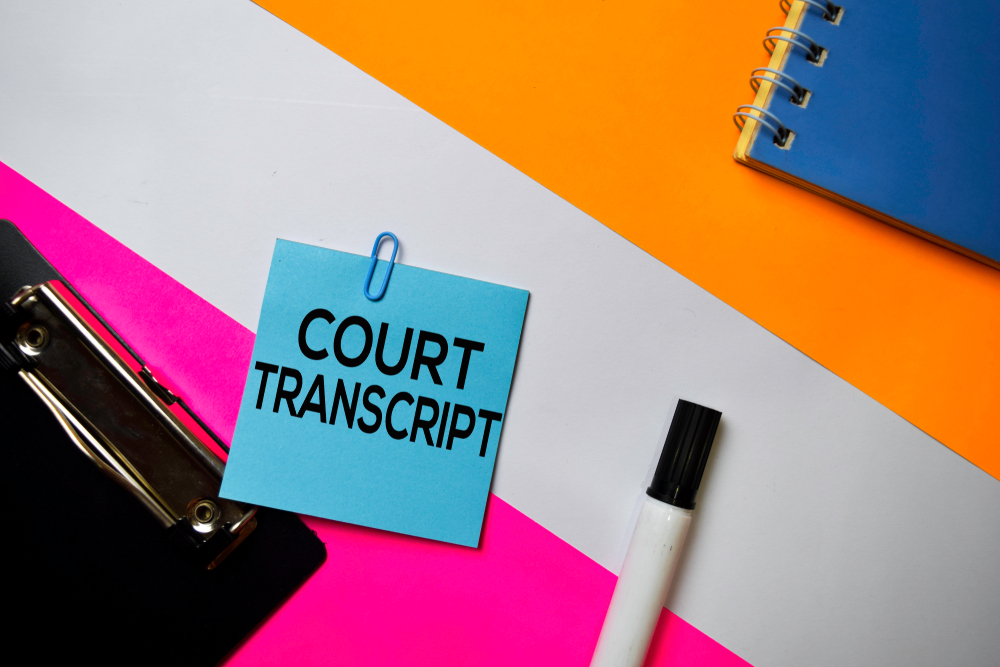Unlike proceedings in the High Court or County Court, hearings in the Employment Tribunal are not recorded as a matter of routine. The Employment Tribunal Rules of Procedure 2013 (ET Rules), which govern how tribunals operate, therefore do not include provisions for the recording of hearings or the application for Employment Tribunal transcripts by parties.
From the recent EAT case of Kumar v MES Environmental, we now know that on those occasions where an official recording is made in the ET, a party should be allowed to apply for Employment Tribunal transcripts of such recordings.
When Mr Kumar’s claims of race discrimination and victimisation were dismissed by the Employment Tribunal in an oral decision, the Claimant requested (and was provided with) written reasons for the decision. The Claimant then applied to the tribunal for a transcript of the hearing using Form EX107, which is the form used to apply for transcripts in the civil courts. The tribunal refused to supply the transcript, on the basis that there was nothing in the ET Rules to support such an application.
The EAT held, on appeal, that whilst it would have been better if the position was expressly set out in the ET Rules, silence or absence of a rule did not mean the party could not apply for Employment Tribunal transcripts. Subject to paying the appropriate fee and following the appropriate protocols (i.e. the same fees and protocols that would be applicable to such an application in the civil courts), an application could be made.
The EAT, at the same time, also made some important qualifications to the above. Firstly, where a tribunal gives oral reasons for their decision, there will be no right to a transcript of these reasons. There will also be no right of access to the recording itself. A party wishing to rely on Employment Tribunal transcripts, or some part of the transcript, during appeal proceedings will also need to seek EAT permission before doing so.
One final, but crucially important note on the recording of hearings. This case relates specifically to those limited occasions where the tribunal itself has made an official recording of a hearing. It is vitally important that parties do not make any unauthorised recordings of tribunal proceedings, as this is a contempt of court under Section 9 Contempt of Court Act 1981.
This blog was written by Michael Green, Trainee Solicitor at didlaw.
